Projects in uMOVE
uMOVE provides knowledge and support for many different projects.
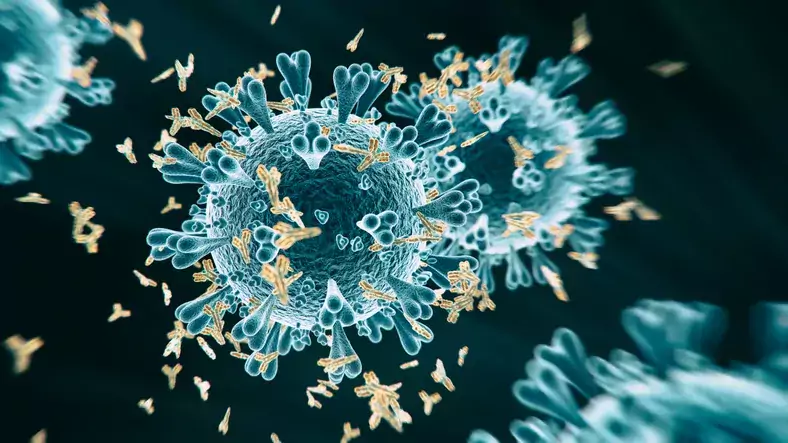
PROLIFIC: This phase II placebo-controlled randomized trial aims to assess the effectiveness of nirmatrelvir/ritonavir (Paxlovid®) on quality of life in non-hospitalized patients with post-COVID syndrome, addressing a patient group with significant unmet medical needs. uMOVE aids the project by providing sensor-derived assessments of physical activity.

BIOSERVE: Impaired hand function is a prevalent impairment after stroke with a significant negative impact on the independence of activities of daily living. Bioserve Technologies is developing a motor glove (exoskeleton) to facilitate training and recovery of hand function following stroke. uMOVE aids the project by utilizing brain activity measurements (fNIRS) to evaluate the impact of the motor glove on the activation of the stroke-affected cortical hemisphere.
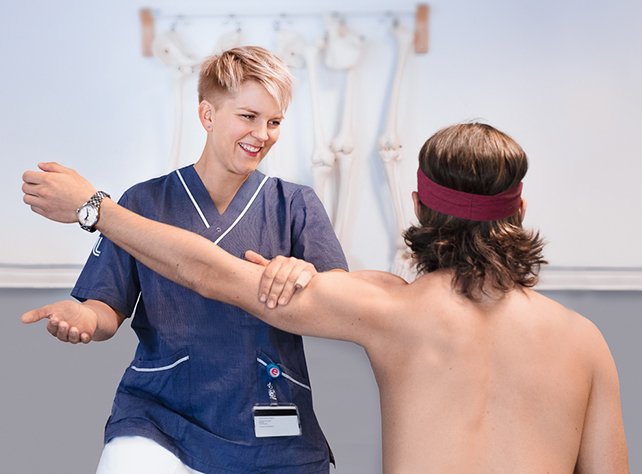
In Malin Nygren-Bonnier's project ReCov, we follow up on the physical and mental state of hospital and home cared people after Covid-19. The project evaluates physical function in the form of muscle strength, physical capacity, physical activity, breathing and voice function, as well as activity ability, nutritional status, cognition, fatigue, opinions and experiences of online health information and mental health. As part of the evaluation in the project, patients receive an accelerometer for 7 days to objectively record the person's physical activity.
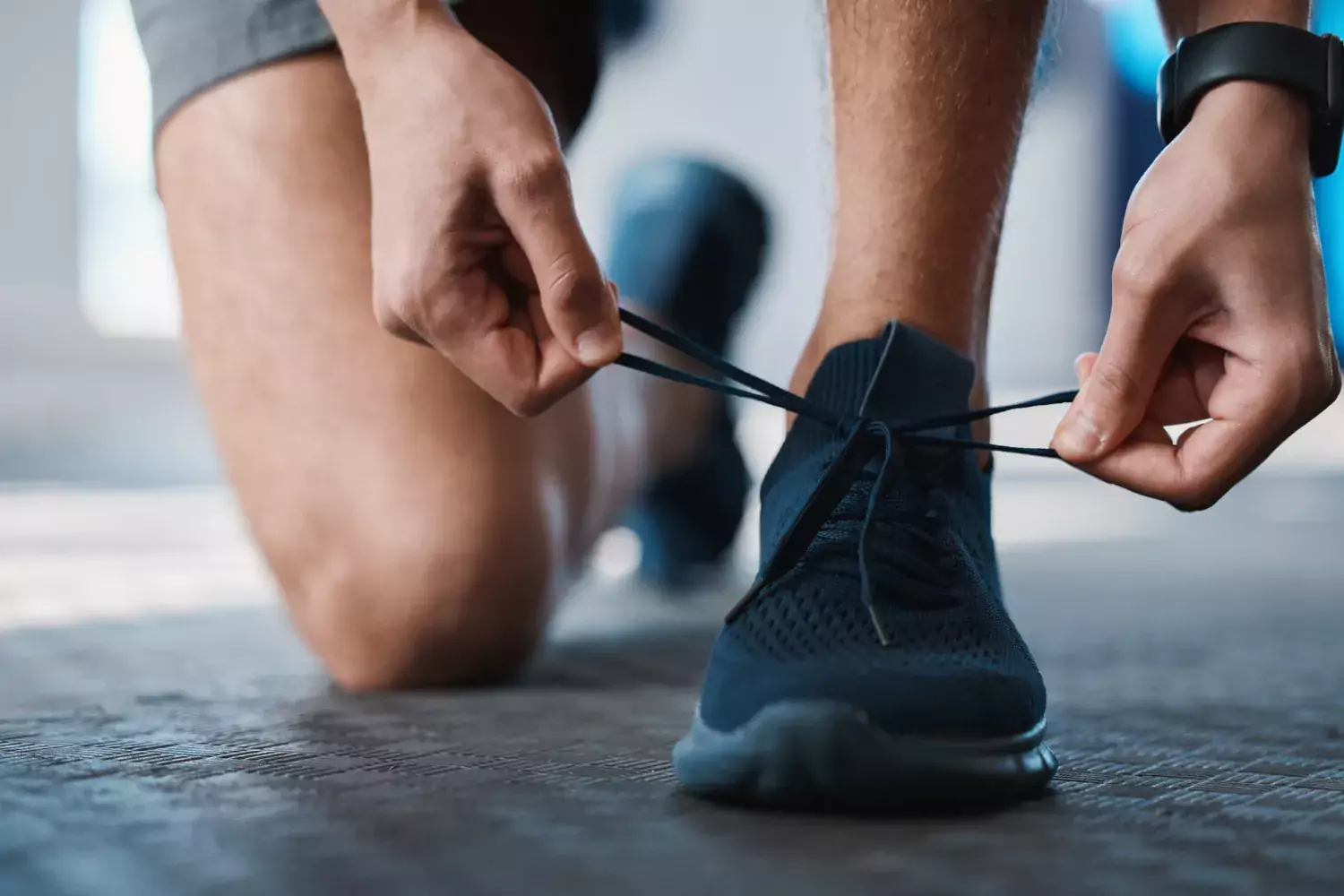
ReCov A1 - Physical exercise as a treatment for postural tachycardia syndrome after Covid-19. This randomized controlled trial aims to explore the effects of a personalized rehabilitation program for individuals diagnosed with postural orthostatic tachycardia syndrome (POTS) following Covid-19. This program entails 16 weeks of consistent strength and endurance training, overseen weekly by a physiotherapist. Treatment effects are evaluated through self-reported outcomes, assessment of physical function and capacity, and device-based assessment of physical activity.
- Website: ReCOV - Recovery and rehabilitation after COVID-19 | Karolinska Institutet (ki.se)
- PI (Principal Investigator): Malin Nygren-Bonnier

Braining: The objective of Braining is to prevent and reduce symptoms of depression and anxiety and to improve sleep, quality of life, and physical health by promoting exercise and physical activity in psychiatric patients. The effectiveness of the intervention is assessed through a multicenter study in the Stockholm Region, where Braining is compared to counseling sessions about physical activity and goal setting. The ActivPAL device is used in the project to assess physical activity levels before and after the intervention. Website: braining.nu Lina Martinsson, PhD, specialistläkare psykiatri, verksamhetschef Psykiatri Sydväst
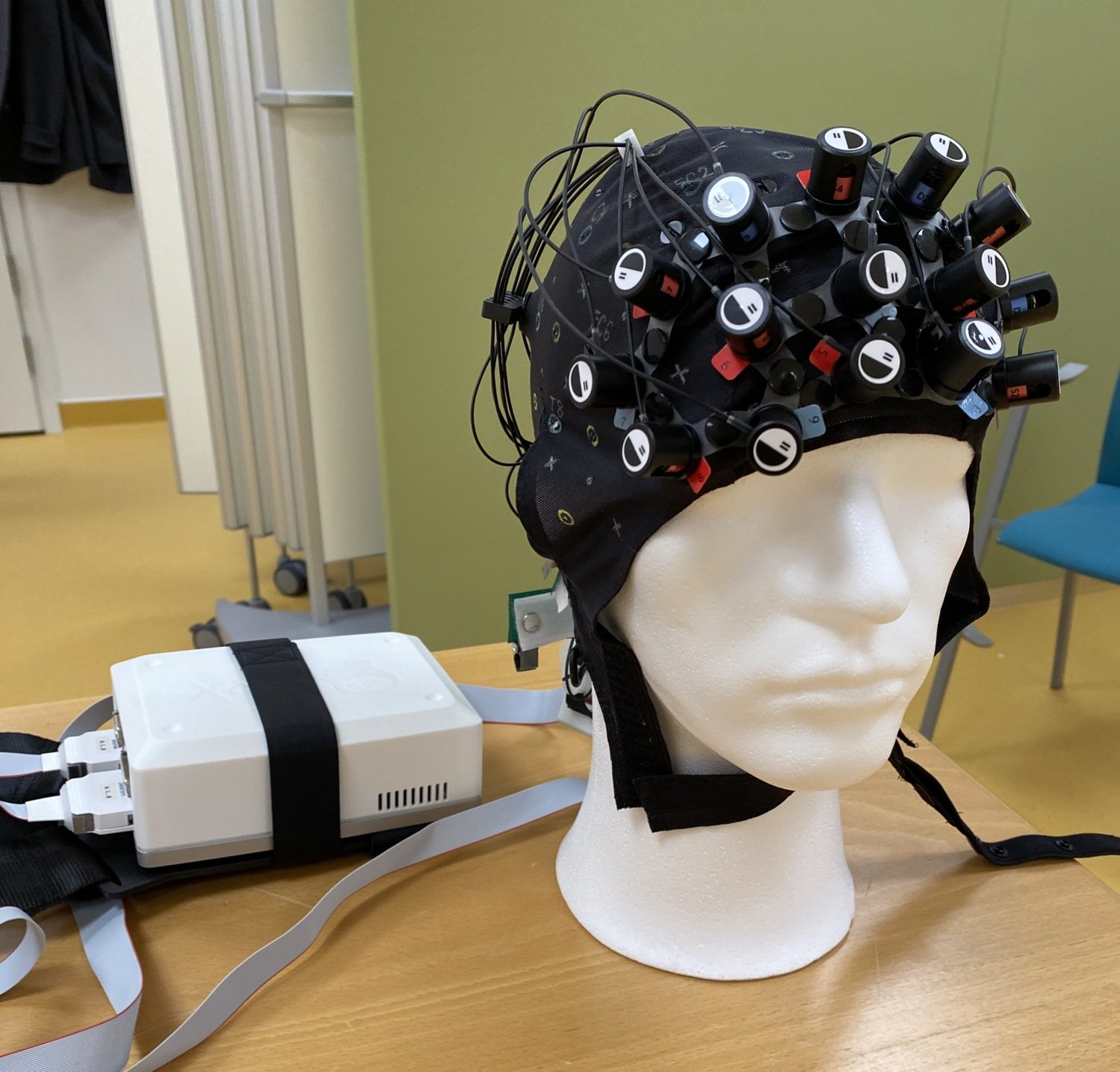
The goal of the "Walk and Think" project is to examine brain activity during complex walking tasks, which require a combination of motor and cognitive skills. This study intends to investigate the impact of aging and neurological conditions (including Parkinson's disease, stroke, and MS) on the execution of complex gait tasks and their corresponding neural patterns. By employing fNIRS alongside advanced gait analysis techniques, the project aims to enhance the understanding of motor-cognitive challenges in older adults and individuals with neurological disorders. Ultimately, this research seeks to inform the development of more precise interventions tailored to address these issues.
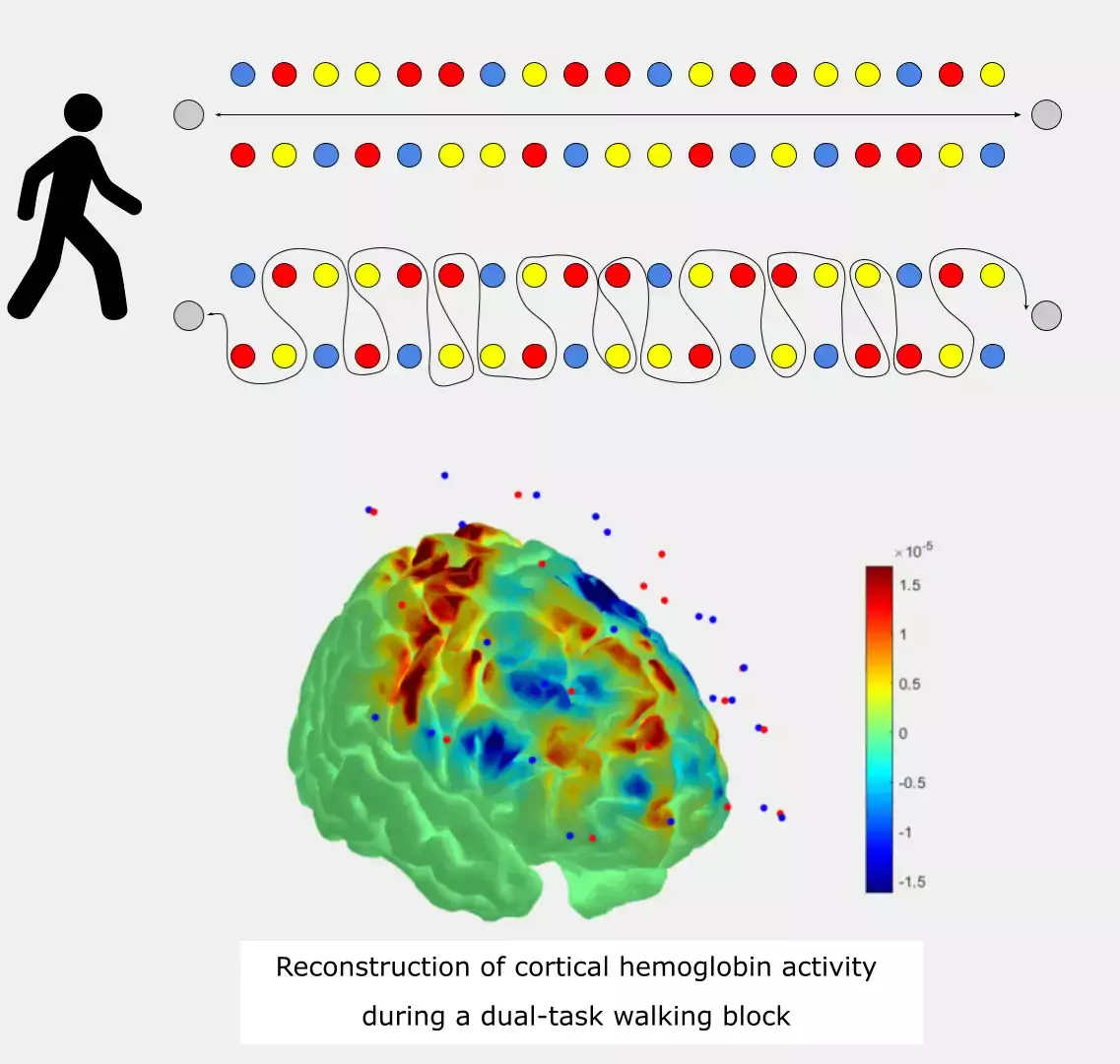
Illustration of the complex walking experiment, showing a track participants walk along, photon simulations of fNIRS data on a template brain, and an example of hemodynamic response curves captured with the fNIRS system.
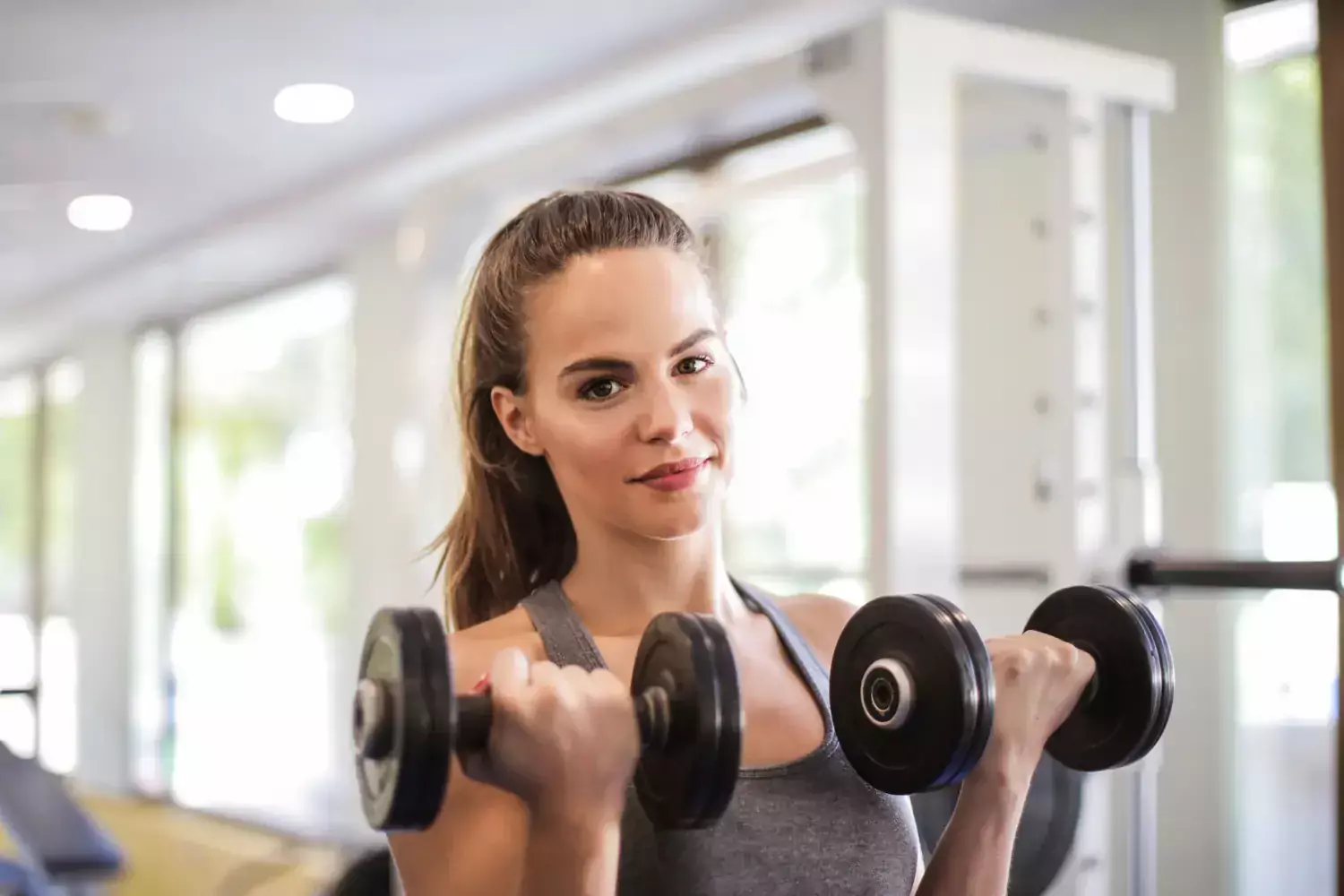
In Marie Kierkegaards project "Strength training in MS-related fatigue/fatigue" pedometers are used to map the physical activity level of the participants at the beginning and then at the end of the 12-week training period. The purpose of the project is to evaluate the effect of high-intensity strength training on MS -fatigue You can read more Here.
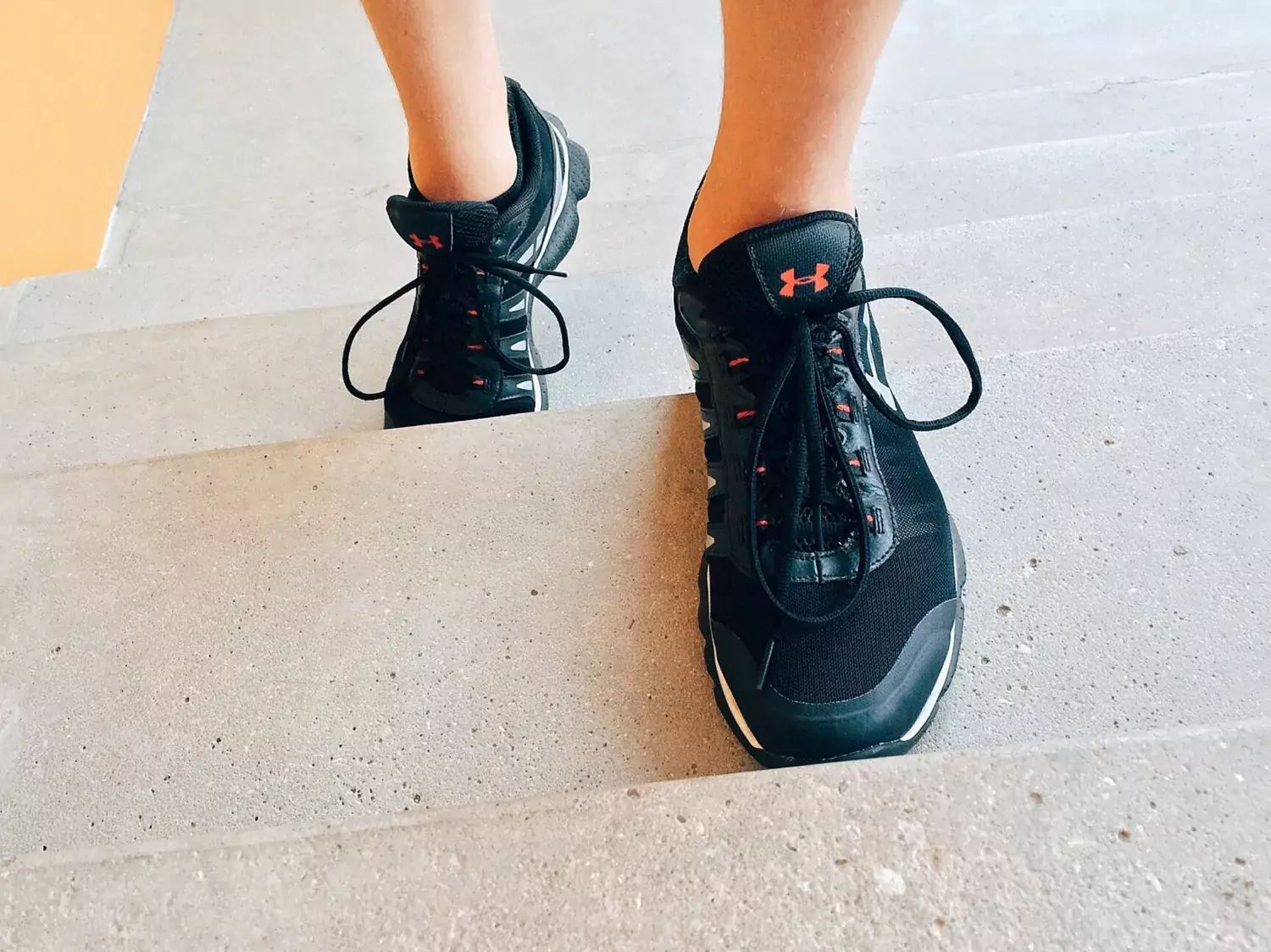
People with primary hyperparathyroidism can suffer from osteoporosis, muscle weakness and cognitive impairment with a risk of falls and injuries. The goal of Åsa Dedering and Inga-Lena Nilssons study, PARAPHYS, is to evaluate whether individualized physical training can reduce the risk of negative consequences of the disease and improve recovery after surgical treatment. The treatment results are primarily evaluated regarding cognitive ability and physical function.
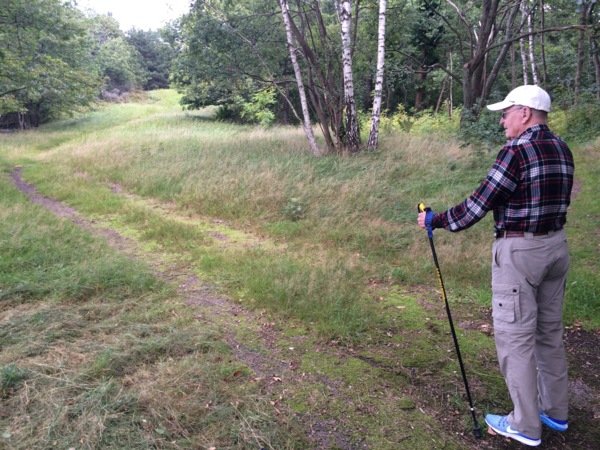
Better in - better out aims to identify older people with an increased risk of complications after oncological abdominal surgery and to evaluate the effects of preoperative exercise for this patient group. In this Elisabeth Rydwik project ActivPAL accelerometers will be used to monitor physical activity and to provide feedback to the participants in the intervention group regarding their activity levels.
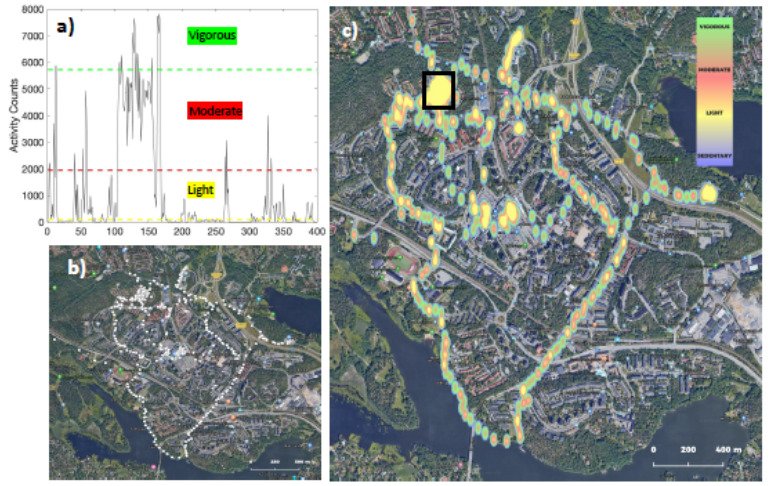
David Moulaee Conradssons project seeks to improve the accuracy of wearable sensors for assessment of physical activity among people with neurological disease or injury, and to develop a context specific marker of physical activity behavior which integrates measures of physical activity intensity, with the spatial position and the contextual setting where the activity is performed
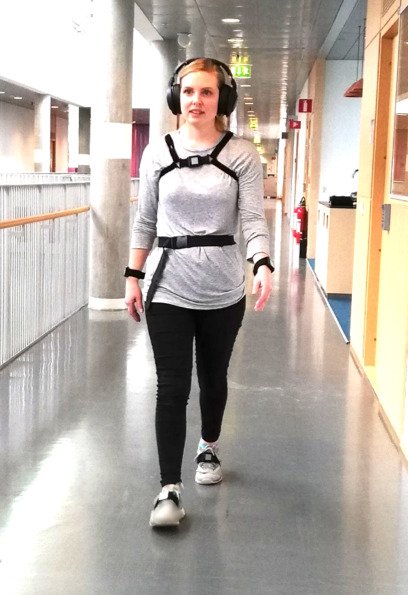
In the "HiBalance-MS" project, which aims to develop a highly challenging balance-training program for people with multiple sclerosis, a mobile sensor-based motion analysis system is used to measure walking and balance in people with multiple sclerosis with and without cognitive dual-task. Watch PhD-candidate Andreas Wallin present the project.
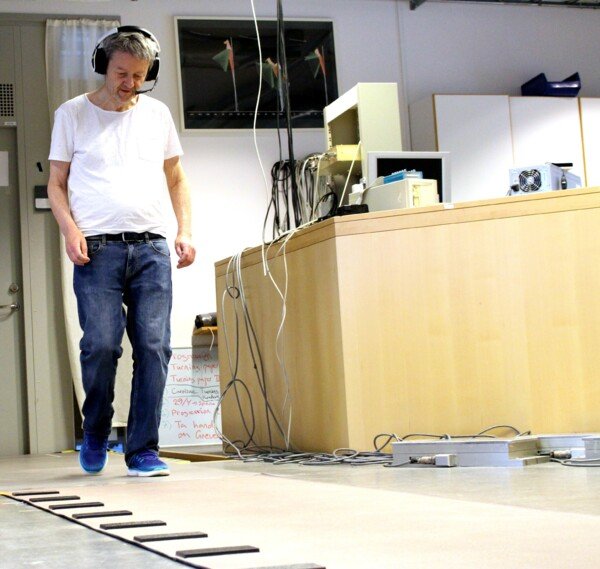
The "HiBalance PD" project aims to characterize and link the physical and cognitive effects of balance training to brain function in people with Parkinson's disease. The impact of cognition on walking ability when simultaneously performing a cognitive task (dual task) is examined with the GAITRite system.
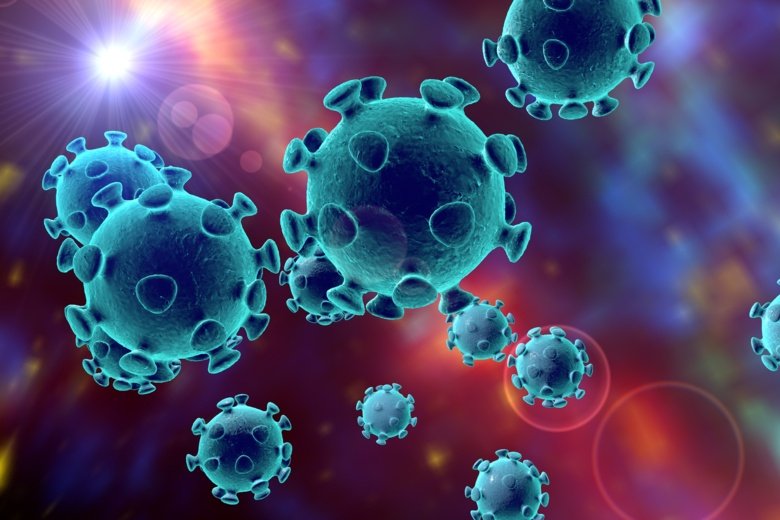
People with Parkinson’s disease are known to be at risk of physical inactivity and may therefore be especially vulnerable to negative health outcomes during the COVID-19 pandemic due to social distancing recommendations. Erika Franzéns project BETA-PD Corona seeks to investigate sensor-derived physical activity and perceived health of people with PD during the first wave of the COVID-19 epidemic, as well as the factors associated with these outcomes.
